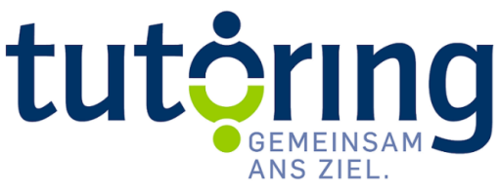Liebe Interessierte,
auch an diesem Donnerstag darf ich Sie im Namen von Prof. Dr. Elke Shoghig Hartmann zum Forschungskolloquium des Instituts für Osmanistik und Turkologie einladen:
14. Juli 2022, 16.15 - 18.00 Uhr
- Dr. Daniel Kolland: "The Ottoman Age of Reform as Age of Piety?"
- Dr. Toygun Altıntaş: "The Governance of Inequality: The Ottoman State and the Making of the 'Armenian Question'"
Ort: Raum 1.2058, Holzlaube, Fabeckstr. 23-25, 14195 Berlin-Dahlem
----------------------------
Dear all,
it is my pleasure to invite you on behalf of Prof. Dr. Elke Shoghig Hartmann to the next Forschungskolloquium of the Institute of Ottoman Studies and Turcology:
Thursday July, 14, 2022, 16.15 - 18.00
- Dr. Daniel Kolland: "The Ottoman Age of Reform as Age of Piety?"
- Dr. Toygun Altıntaş: "The Governance of Inequality: The Ottoman State and the Making of the 'Armenian Question'"
Both presentations will be held in English and will take place in room 1.2058, Holzlaube, Fabeckstr. 23-25, 14195 Berlin-Dahlem.
The presentation "The Ottoman Age of Reform as Age of Piety?" will chart possible paths for revisiting the Ottoman age of reform through the study of Sufism and Ottoman politics and practices of piety. Building on the growing body of scholarship on the ‘Islamic foundations’ of the Tanzimat reforms and processes of confessionalization in the early modern Ottoman Empire, this project will explore possibilities of unearthing hitherto little understood dynamics and processes of political and religious mobilization by studying the missionary activities, networks, and writings of the puritanical Naqshibandi sufi order. Moreover, the presentation will discuss the many heuristic promises of combining a history of this sufi order with a history of concepts approach.
The study, "The Governance of Inequality: The Ottoman State and the Making of the 'Armenian Question'", investigates Ottoman strategies and practices of governance in three separate regions (Çarsancak, Zeytun, Muş), where the state attempted to integrate diverse relations of production and political structures into its administrative and extractive infrastructure. It focuses on the changing set of relationships between Ottoman institutions and Armenian communities.
Daniel Kolland
- B.A. Arabistics at University of Leipzig (semesters abroad in Cairo (Ain Schams University) and Istanbul (İstanbul Üniversitesi))
- M.A. Turcology at Ludwig Maximilian University Munich (two semesters in Istanbul (Boğaziçi))
- Doctorate at Graduate School of Global Intellectual History, Free University Berlin
- since 2021: research associate at the Institute of Islamic Studies, Free University Berlin
Toygun Altıntaş
- EUME Fellow of the Alexander von Humboldt Foundation (affiliated with Freie Universität Berlin)
- He works on the social and political history of minoritization, supremacism and inequality in the late Ottoman Empire.
We are looking forward to your participation! Please forward the announcement to anyone interested.




